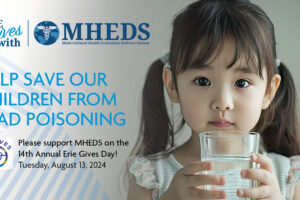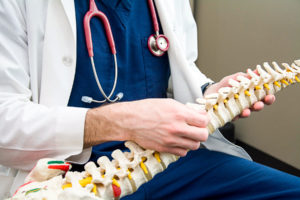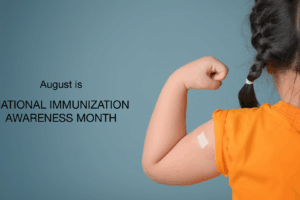
Employees of MHEDS led the charge to lower barriers to health across the U.S.
For Immediate Release
Erie, Pa. – MHEDS (Multi-Cultural Health Evaluation Delivery System), Northwest PA’s one-stop healthcare services provider serving the multicultural community, announced its participation in the Multilingual Health Education Alliance, a year-long, nationwide initiative in partnership with health teams from Denver Health, Children’s Hospital of Philadelphia and the University of Washington. The resources include specially translated, culturally sensitive, and linguistically competent publications, posters, and videos to help eliminate the barriers to childhood vaccine hesitancy for immigrants arriving in the United States. Beyond language hurdles, barriers include patriarchal and cultural issues.
“Being able to share honest and reliable information about such an important topic in children’s health is rewarding to all concerned,” said Patricia J. Stubber, Ph.D., MBA, MT., and retired CEO-Emeritus of MHEDS, who, along with the Pennsylvania Department of Health’s Office of Refugee Resettlement, was responsible for bringing all parties of the Multilingual Health Education Alliance together and launching the nationwide initiative. “To be able to create the dialogue in the native language and in the cultural norms of the audience is priceless. This can only be done when that audience is included in the conversation and can share it within their community. This is health equity!”
The initiative was supported by funding from the CDC in partnership with the National Resource Center for Refugees, Immigrants, and Migrants, a center of excellence at the University of Minnesota.

“For most of the refugees from Afghanistan, immunization is a luxury,” said Mohammad Iqbal Mir Wali Khan, one of two members of the MHEDS health team working on the nationwide initiative. He led the Afgan cohort. Mohammad was a trauma surgeon from Afghanistan who worked for the U.S. Military and was able to come to the United States near the end of 2021 when the U.S. recalled its troops. He is now the Special Projects Manager at MHEDS since he is currently unable to practice as a surgeon in the States. “In many nations, the protocol for things that Americans take for granted, such as immunizations are not common, and are very expensive. So when people arrive, the concept of receiving so many shots is not normal. We just don’t have that information in their languages.”
Although well-intentioned, software only sometimes works well for translation. Lost are meaning and context in word-to-word translation. MHEDS team members and others worked with parents, youth, public health professionals, clinicians, and resettlement staff from Congolese (DRC), Ukrainian, and Afghan newcomer communities to create childhood vaccine information in multiple languages. The project’s unique strength was that the working group members could identify and craft unique messages and materials to best suit their community’s needs. Then, the materials were translated into their native languages by the working groups.
“Our goal was to create something that would be very easy to understand, so we were very careful when choosing words,” said Tammy Melnik, Practice Manager at MHEDS and leader of the Ukraine cohort. She has a storied career with MHEDS, serving over two decades since coming to the United States 27 years ago. “We needed to make sure that the words helped build trust, especially regarding the Ukraine people, who – in their home country – were skeptical of vaccine quality control checks overseas.”
As working group leads, the two recruited and incentivized immigrants from all 50 States of the Union, balancing male-to-female ratios while seeking people with various professions. They engaged in 70 separate meetings for one year.
“I am deeply impressed and honored by the extensive efforts of our esteemed duo to work so tirelessly in the service of individuals and families in need of health services, particularly vaccines that are required for New Americans,” said Alivia Haibach, CEO of MHEDS. “This is proof of the caliber of MHEDS professionals working to alleviate the challenges of accessing healthcare in our community and across the nation. That is something that the entire region can be proud of.”
Press Inquiries Welcome
Contact:
Alivia Haibach, CEO
MHEDS
ahaibach@mheds.org
(814) 453-6229
ABOUT MHEDS
Multi-Cultural Health Evaluation Delivery System’s (MHEDS) mission is to enable all who wish to achieve complete mental, physical, and social well-being by providing equitable, culturally sensitive, patient-centered health care, regardless of their ability to pay. MHEDS is Northwest PA’s one-stop healthcare service provider serving Erie’s multicultural community with holistic healthcare at two locations in Erie. As a Federally Qualified Health Center System Look-Alike, MHEDS meets rigorous compliance standards, ensuring its patients receive high-quality, equitable care. Nearly 86% of MHEDS patients speak a native language other than English, including Nepali, Arabic, Swahili, Ukrainian, Russian, or Spanish. MHEDS is a 2021 recipient of the Pennsylvania Office of Refugee Resettlement’s Excellence in Community Engagement Award for valuable contributions to serving the refugee population and operates two locations in Erie, PA.
###








